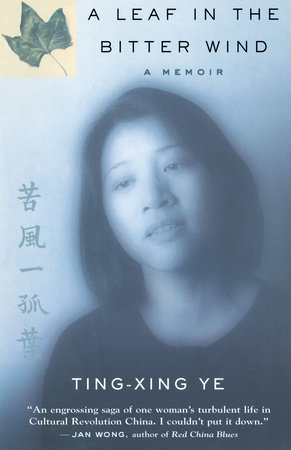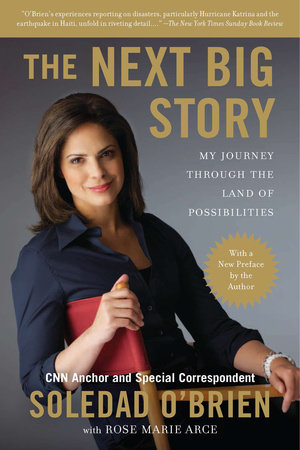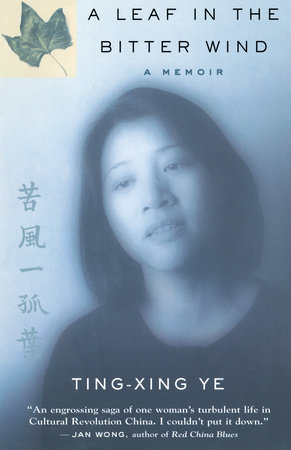

A Leaf In The Bitter Wind
By Ting-Xing Ye
By Ting-Xing Ye
By Ting-Xing Ye
By Ting-Xing Ye
Category: Biography & Memoir
Category: Biography & Memoir

-
$19.95
Mar 16, 1998 | ISBN 9780385257015
-
Jul 31, 2012 | ISBN 9780385674140
YOU MAY ALSO LIKE
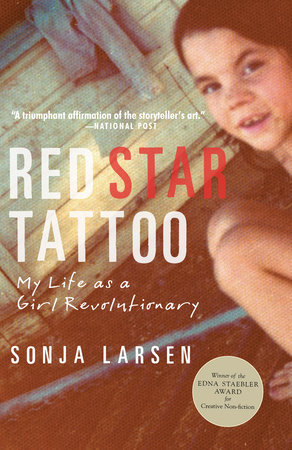
Red Star Tattoo
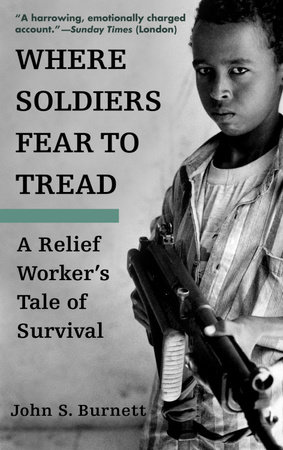
Where Soldiers Fear to Tread
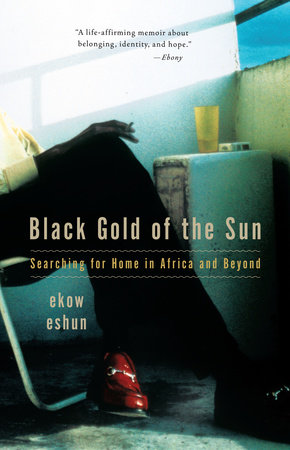
Black Gold of the Sun
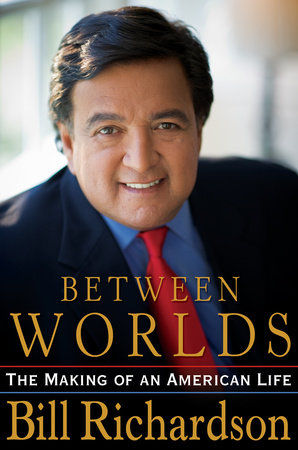
Between Worlds
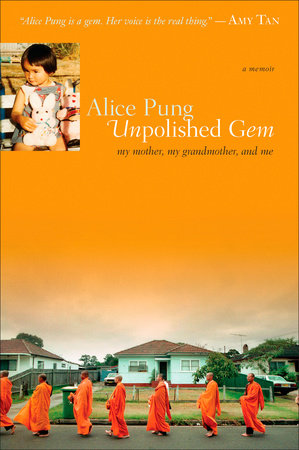
Unpolished Gem
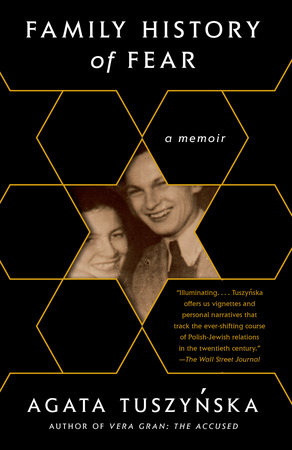
Family History of Fear
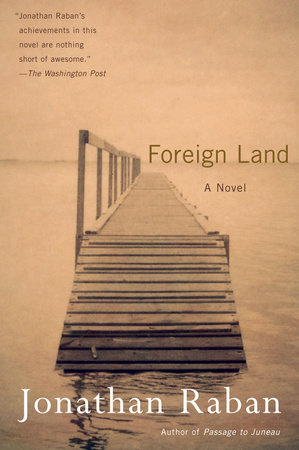
Foreign Land
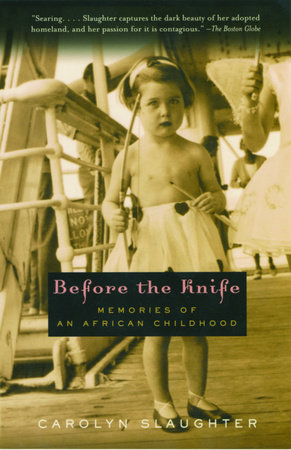
Before the Knife
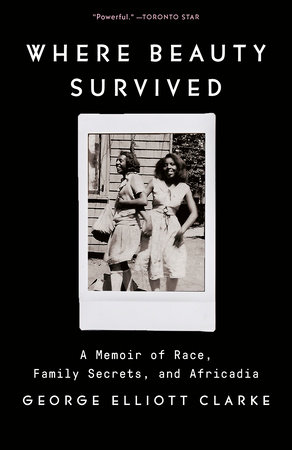
Where Beauty Survived
Praise
"An engrossing saga of one woman’s turbulent life in Cultural Revolution China. I couldn’t put it down." —Jan Wong, author of Red China Blues
“…a moving account of struggle and fortitude…”—The Globe and Mail
“…lurks in my memory, demanding to be re-read and shared…”—The Globe and Mail Reader’s Choice
“Ting-Xing Ye tells her story with such vividness of imagery and such a galloping momentum that the narrative reads like splendid fiction.”—Patrick Kavanagh in the Ottawa Citizen
“This account of a woman’s quest to gain ownership of her own life in the face of incredible adversity and devastating, compounding circumstance does not let go easily… It feels like an immersion, one from which you cannot instantly dry off after the last page.”—Horizons
“as powerful as Wild Swans….”—Northern Star (Lismore, Australia)
“Ye writes vividly, with a deal of wry humour and an eye for the absurd… Despite the dark years of deprivation, separation and exile this book records, family relationships are at its heart… Guilt and resentment simmer as Ye and her siblings flail about in the political quicksands seeking, like all those about them, a path to social acceptance.”—The Australian
“It’s a page-turner that can be enjoyed as exquisite grassroots history, or as the simple story of one woman’s triumph over brutish odds.”—Cityview, USA
“Clearly, the writing was a very personal, painful process for Ting-Xing Ye, calling up the treasured memories of her devoted parents and their untimely deaths. We experience, along with her, a range of emotions… We learn to appreciate the true value of friendship, the precious love of family, and the strength and resilience of the human spirit.”—East York Reading Association
“…fascinating yet horrifying…”—The Barrie Examiner
“Ye is not afraid to present herself in a bad light at times. It is all part of her reconciliation with the past… This profound document of oppression and courage is an essential read for anyone who cares at all about freedom.”—Cancontent
21 Books You’ve Been Meaning to Read
Just for joining you’ll get personalized recommendations on your dashboard daily and features only for members.
Find Out More Join Now Sign In








